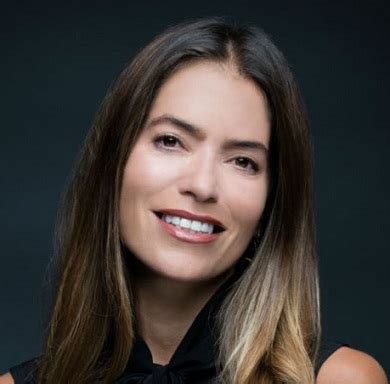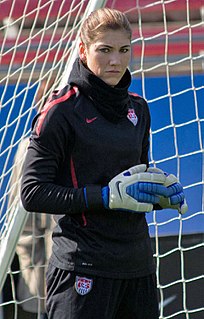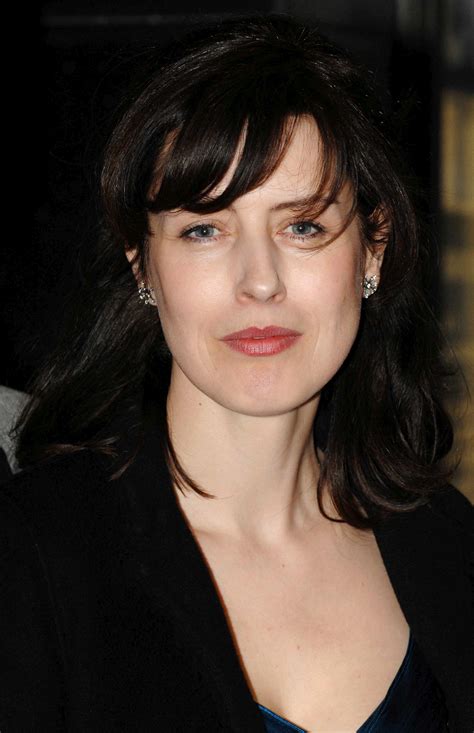A Quote by Jimmy Kimmel
My definition of cursing is probably different from what other people's definitions are.
Quote Topics
Related Quotes
Whether you like it or not, the definition of family has changed. We have same-sex marriages now. We have more people who live together and have children even if they're not married. We have so many different definitions of family. I've got clients who have brothers and sisters living with them in the house, helping them raise their kids. It's a much wider definition now.
Here's a philosophical rule of thumb: always start with the negative definitions. Negative definitions are always easier to understand. So, here's a negative definition. We must not conceive difference in terms of the differences we find between things that already exist. Difference is not empirical differences.
There are several kinds of truths, and it is customary to place in the first order mathematical truths, which are, however, only truths of definition. These definitions rest upon simple, but abstract, suppositions, and all truths in this category are only constructed, but abstract, consequences of these definitions ... Physical truths, to the contrary, are in no way arbitrary, and do not depend on us.
In other words, the propositions of philosophy are not factual, but linguistic in character - that is, they do not describe the behaviour of physical, or even mental, objects; they express definitions, or the formal consequences of definitions. Accordingly we may say that philosophy is a department of logic. For we will see that the characteristic mark of a purely logical enquiry, is that it is concerned with the formal consequences of our definitions and not with questions of empirical fact.



































